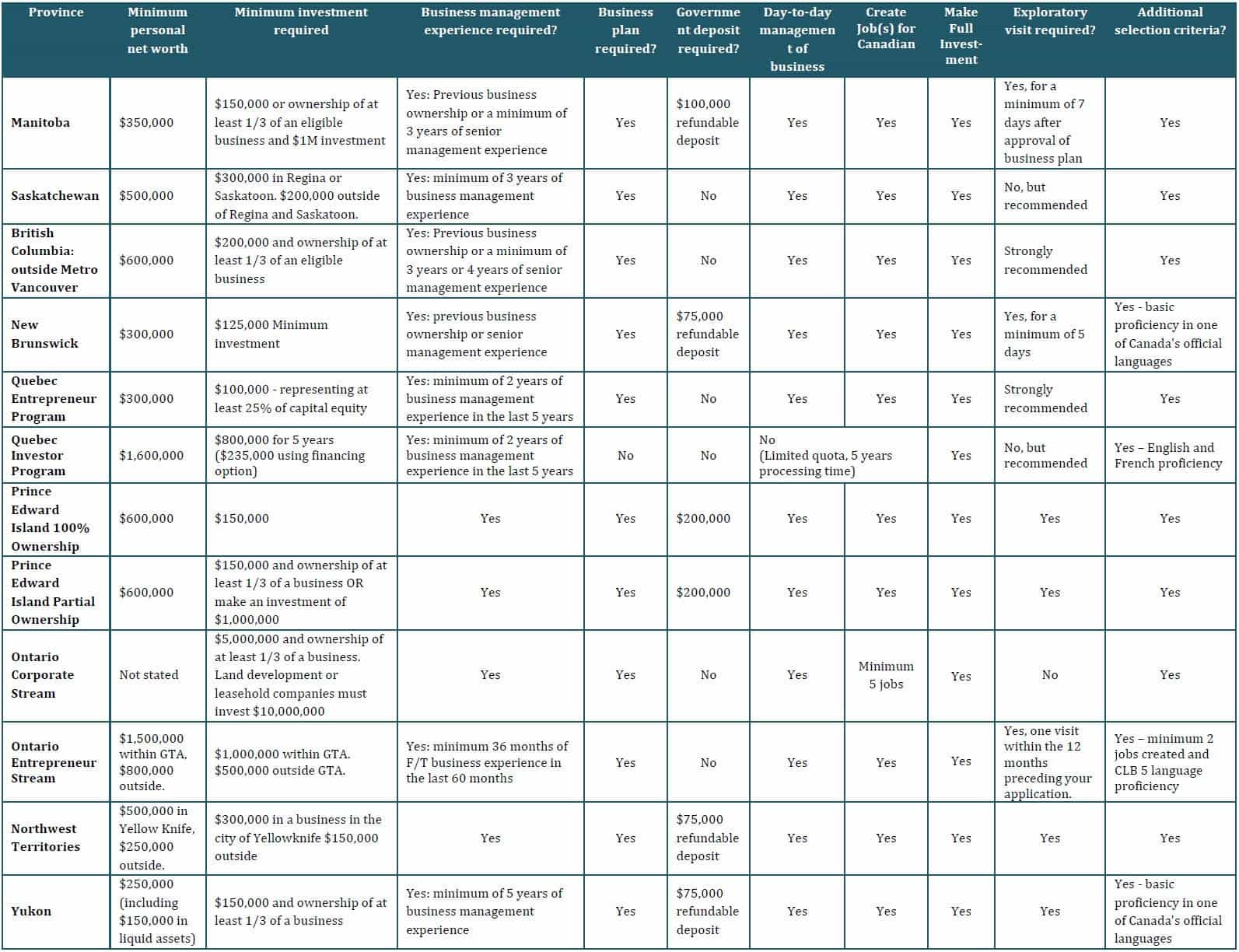Is it possible to lose my permanent resident status?
Although permanent residents (PRs) enjoy greater protections than temporary residents, their status is not guaranteed indefinitely.
You can lose PR status for various reasons—some unfavourable, like not meeting residency obligations or becoming inadmissible, and others more positive, such as voluntarily giving up the status after becoming a Canadian citizen.
Notably, you will still have PR status and may remain in Canada if your PR card expires, but you will need a valid PR card to return to Canada via plane, train, bus, or boat after traveling abroad.
Schedule a Free Canadian Citizenship Consultation with the Cohen Immigration
Law Firm
This article will cover the various scenarios that can lead to you losing your PR status.
Failing to meet PR residency obligations
To maintain your PR status, you must accumulate a minimum of 730 days of physical presence in Canada in any five-year period.
This 730-day requirement does not necessitate continuous residence—and some of your time abroad may also qualify for inclusion.
Failure to meet this requirement may result in loss of your PR status.
You can include time spent outside of Canada toward your residency requirements if one of the following allowable reasons apply to you:
You are employed full-time abroad by a Canadian company, organization, or by a Canadian provincial, territorial government, or federal government; or
You are traveling with a spouse or common-law partner who is a Canadian citizen or permanent resident, and who is working full-time outside Canada for a Canadian company or government body.
In both cases, there must be an expectation to return to and resume employment in Canada.
Dependent children traveling with a parent who meet the above-mentioned criteria can also count time spent outside Canada.
Tracking your travels
IRCC recommends tracking your time in (and outside of) Canada, and even provides a downloadable travel journal where you can record
The date you left and returned to Canada (including same-day trips);
Countries you visited (including the US, even if less than 24 hours); and
The reason for the travel (such as vacation, family events, or work trips).
You are not obligated to use this tool, but it can be beneficial to reference if you need to at a later date.
Becoming inadmissible to Canada
Canadian citizens are the only ones with the legal right to enter and remain in Canada.
Although permanent residents enjoy broader rights compared to temporary residents, you may still be deemed inadmissible to Canada for various reasons, including serious criminality.
But you cannot be deemed criminally inadmissible due to criminality—nor can you be found medically inadmissible to Canada.
A permanent resident who becomes inadmissible to Canada may be denied entry into Canada or subject to removal from the country.
Serious criminality
You can be considered criminally inadmissible due to serious criminality if
You have been convicted in Canada of an offence punishable by a maximum term of at least 10 years, or you received a prison sentence exceeding six months; or
You were convicted of, or committed, an offence outside Canada that would be punishable by 10 years or more under Canadian law.
You may be able to overcome criminal inadmissibility and return to Canada by checking if you qualify for deemed rehabilitation, or applying for criminal rehabilitation (also referred to as individual rehabilitation). To return temporarily (up to three years), you can apply for a Temporary Resident Permit if eligible.
Misrepresentation
As a permanent resident (and even as a Canadian citizen), you can also be found inadmissible due to misrepresentation.
Some examples of misrepresentation include omitting (consciously or not) important information in your application, submitting altered/false documentation, and lying about your health, employment, or educational background.
Canada takes misrepresentation very seriously. Consequences may include financial penalties, charges, removal from Canada, and a re-entry ban of up to five years.
Becoming a Canadian citizen
Once you become a Canadian citizen, your permanent resident status will no longer apply, as you will have transitioned to full citizenship.
In this case, losing PR status is not a loss, but a significant achievement.
Naturalized Citizens of Canada enjoy extensive rights, freedoms, and benefits unique to their status, including
The right to vote in federal, provincial, and municipal elections, as well as the ability to run for public office;
Access to all employment opportunities, including positions requiring high-level security clearance reserved for citizens;
The ability to pass on citizenship by descent to their children born outside Canada;
Eligibility for scholarships and grants available only to Canadian citizens;
Protection from deportation (if you are not a dual citizen);
Freedom from the residency obligations that apply to PRs, allowing you to live abroad indefinitely with the right to return to Canada at any time;
The ability to apply for a Canadian passport, which offers the following:
Visa-free access to a significant number of countries;
Simplified visa application processes where visas are still required;
Fewer obstacles when re-entering Canada from abroad; and
Support from Canadian embassies and consulates during emergencies abroad.
Schedule a Free Canadian Citizenship Consultation with the Cohen Immigration
Law Firm















